*FYI - this post may contain affiliate links, which means we earn a commission at no extra cost to you if you purchase from them. Also, as an Amazon Associate I earn from qualifying purchases. Check out our Privacy Policy and Disclosure. for more info.
With a committed legion of croissant-loving, champagne-chugging Francophiles spread across the globe, France may well be one of the most romanticized countries in Europe.
But unfortunately for many first time visitors, with high expectations comes inevitable disappointment, especially when they realize that the streets do not, in fact, smell permanently of baguettes.
But France is an amazing country to visit… so long as you come prepared.
Packed to the brim with cultural quirks and frustrating traps, France isn’t a destination that you can just show up and blindly enjoy. But that’s exactly what makes a visit here so rewarding… and addictive.
After many, many visits over the past decade and a half, I’ve learned the hard way what not to do in France, and how to navigate the country in a way that keeps you crawling back for more.
So, read on for a list of my best France travel tips for first-timers, with all the French must-knows I wish I knew before my first visit, almost 15 years ago.
1. Remember: France is more than just Paris!
With its status as the EU’s largest country, France is so packed with sights, it’s a miracle that Paris has managed to hog the limelight this long.
Metropolitan France is made up of thirteen regions and is often referred to as l’Hexagone, or the Hexagon thanks to its hexagonal shape. And what a ridiculously attractive hexagon it is.
I worked for a French travel company one summer which brought me to a ton of destinations I never would’ve otherwise thought to visit. And I’m obsessed. Paris is truly just scraping the surface, so if time allows, be sure to add other French destinations to your itinerary.
Here are a few of my personal favourites:
- Alsace: Fairytale storybook villages come to life, famous for its wineries and Christmas markets.
- The French Riviera: A glitzy coastline that gets 300+ days of sunshine each year, dotted with luxurious resorts, plus easy access to Monaco.
- Lyon: An amazing city with an epic gastronomy scene, plenty of cool sights and surprises (like how it was the birthplace of cinema!)
- Normandy: Dramatic landscapes along the The Alabaster Coast, and lots of cool unique sights like Mont St Michel. Capital is Rouen, a gorgeous medieval city.
You can see my full list of places to visit in France (besides Paris) for more inspo.
NOTE: One really great way to research new French destinations is by using Google Translate and searching in French. By doing this, you’ll find a lot more content that is geared towards domestic travellers, who tend to explore more than just the most famous spots known internationally.
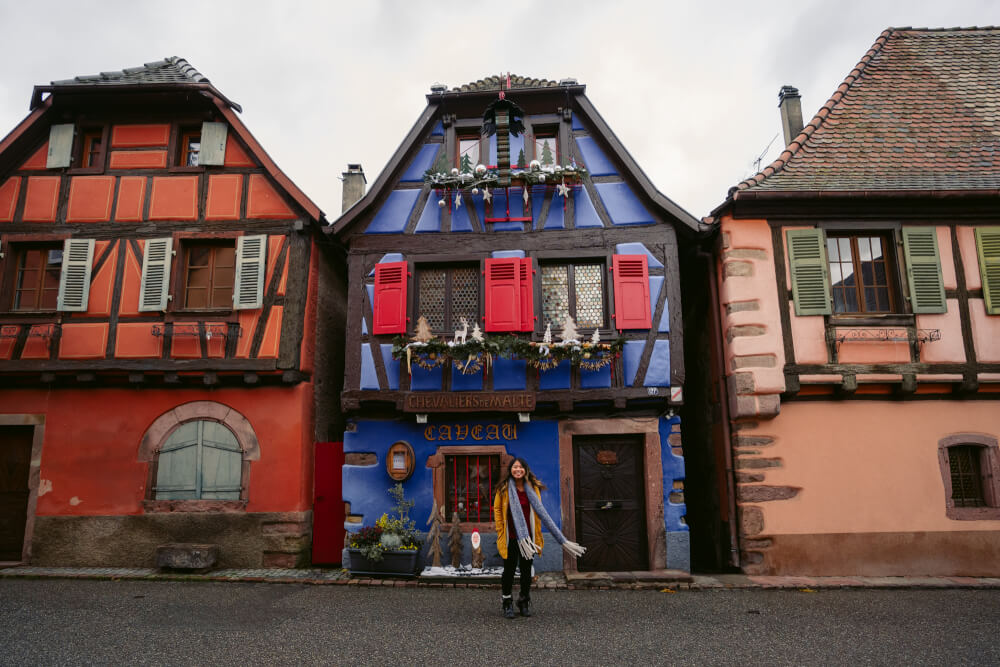
2. Don’t assume all French people are rude
Now, let’s address the éléphant in the room. You’ve probably heard it before – one of the most jarring culture shocks for first timers visiting France is that locals can be… a little mean.
And I get where that impression comes from. First off, it’s important to note that unhinged enthusiasm and over-friendliness is simply not baked into French culture the same way it is in many parts of North America, so they’re just generally more demure.
More importantly though, French people like things done their way… and unlike other countries in Europe that may be more willing to bend and cater to tourist crowds, French locals are more steadfast in maintaining their norms, often to the embarrassment and woe of clueless visitors.
Oftentimes, it feels to me like locals in touristy areas have pre-conceived notions about ‘ignorant tourists’ and so it’s assumed you are one of the bad eggs, unless you prove otherwise.
This is why learning basic French phrases and etiquette is SO crucial. Once you can show you’re putting in the work, you win instant respect points in the eyes of tourist-wary locals, and you’ll certainly have a much better time.
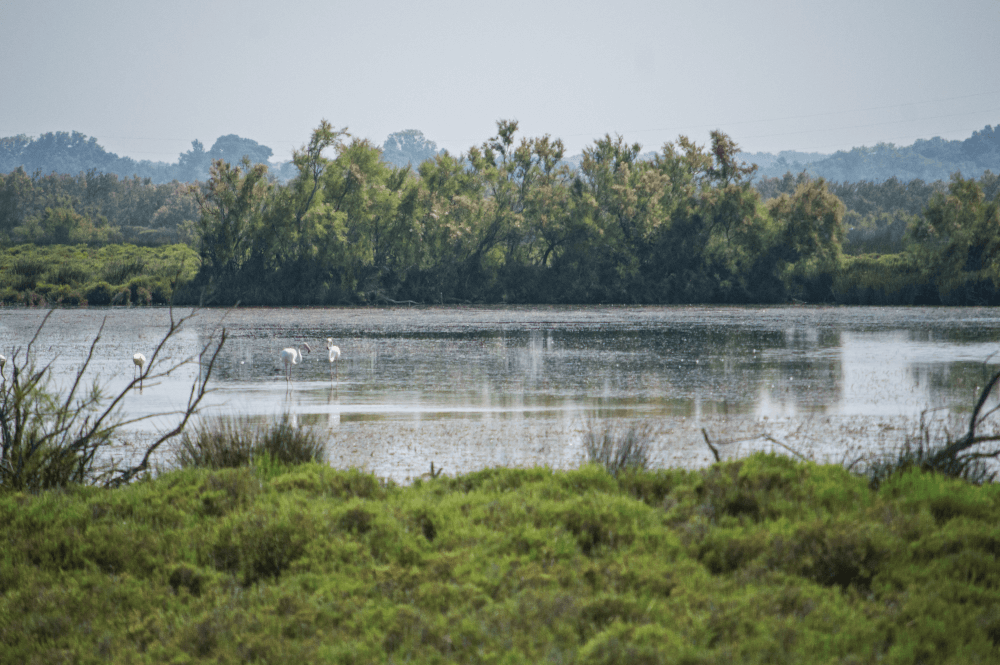
On that note…
3. Learn some basic French before your trip
Unlike in many other European tourist hubs where English is welcomed and spoken widely, France is a country where learning the local language can go a long, long way.
If there ever was a cheat code to unlocking French ‘friendliness’, it’d be speaking the language.
While many French locals (especially in big cities) speak more English than they let on, they often refrain from speaking it unless absolutely necessary, maintaining the (fair) belief that when in France, you should be speaking French.
So, here are some key French phrases you should 100% commit to memory, along with rough pronunciation guides:
- Hello: Bonjour (bon-zhoor)
- Good evening: Bonsoir (bon-swahr) -> [say this after 6pm-ish, people kind of get snobby if you say “bonjour” in the evening]
- Thank you: Merci (mer-see)
- Please: S’il vous plaît (see voo play)
- Can I get the bill please?: L’addition, s’il vous plaît (lah-diss-yon, see voo play)
- Do you speak English?: Parlez-vous anglais? (par-lay voo ong-lay)
- Excuse me (like, sorry/when you’re trying to move past someone): Pardon (pahr-dawn)
- Excuse me (like, when you’re trying to get someone’s attention): Excusez-moi (ex-kews-ay-mwah)
- Bye: Au revoir (oh rev-war)
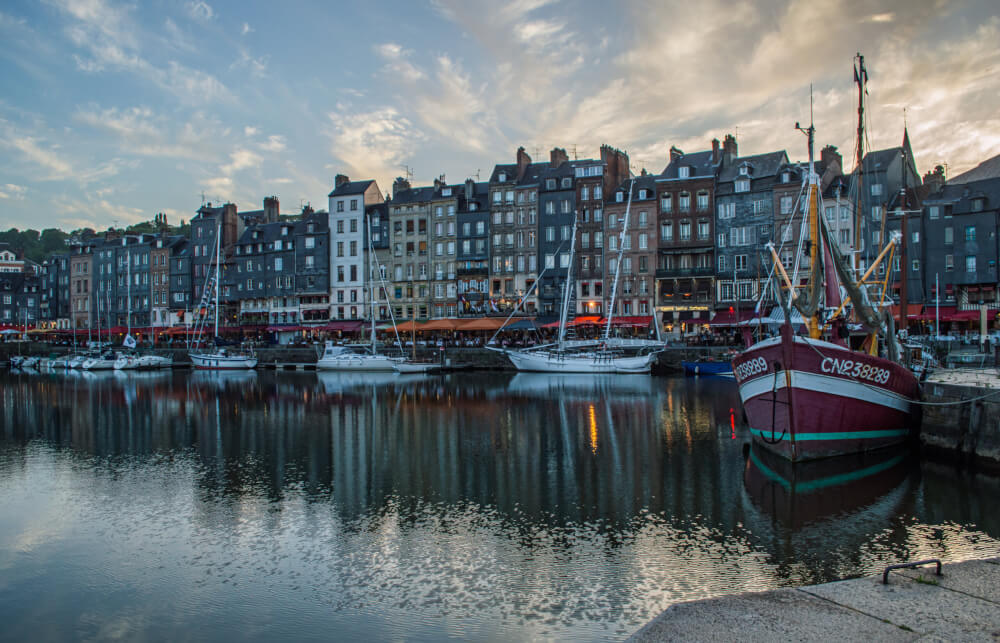
4. Familiarize yourself with basic French etiquette
Similarly, just as locals lack patience for those who don’t speak their language, they lack even more patience for those who aren’t familiar with French “Us et coutumes” (AKA habits and customs).
And, fair enough, there are a lot of cultural norms in France that (when breached) can come across as incredibly rude.
So, if you’d like to avoid being “yet another rude tourist”, here are some France etiquette tips to keep in mind:
Say “bonjour” (before 6pm) or “bonsoir” (after 6pm) when entering a shop: Failure to greet people when entering a shop is considered the peak of rudeness in France, so don’t forget!
When greeting friends, go for “La Bise”: In France, the standard informal greeting among “friends” is La Bise, which is basically an air kiss on each cheek while making a slight kissing sound. Hugging is actually considered more intimate than this!
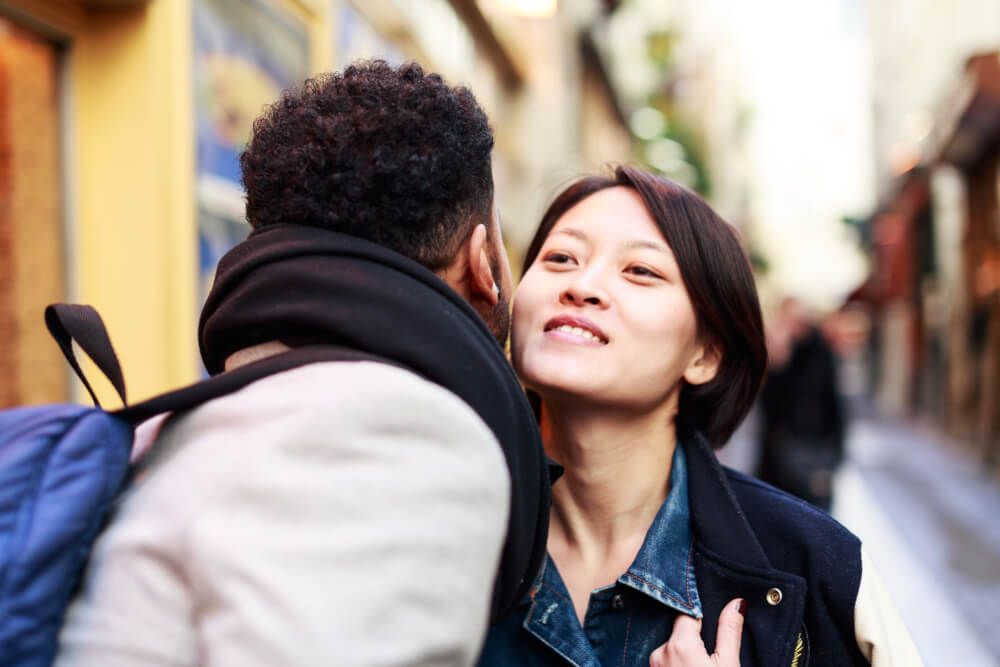
When in doubt, go with “vous”: In French, there’s a difference between a formal you (vous) and informal you (tu). The latter should only be used among friends, so when addressing strangers, always go with the “vous” form!
Avoid speaking too loudly in public: When in doubt, try to match the overall volume of your surroundings. North Americans in particular have a reputation for being loud.
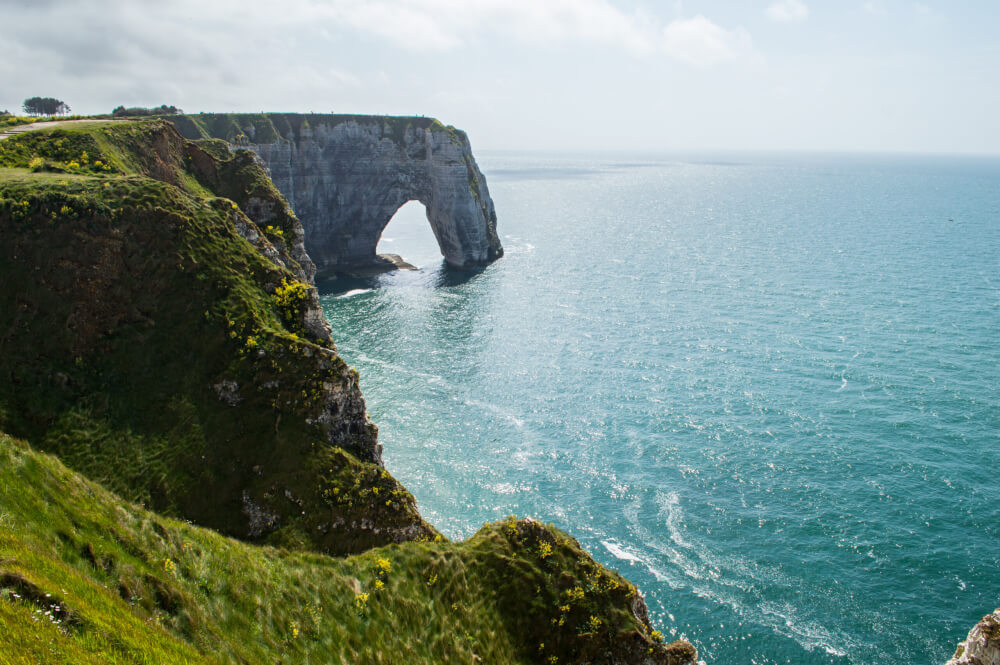
Moving past people? Say “Pardon”: I know a lot of tourists default to “excusez-moi”, which would be understood but is more meant as “excuse me” in the context of getting someone’s attention, so say “par-DON” when moving past people instead.
Avoid joking about clichés and stereotypes: French humour isn’t very self-deprecating, so avoid making jokes about common clichés and stereotypes, and certainly don’t go quoting infamous lines that start with “Voulez-vous coucher avec…”
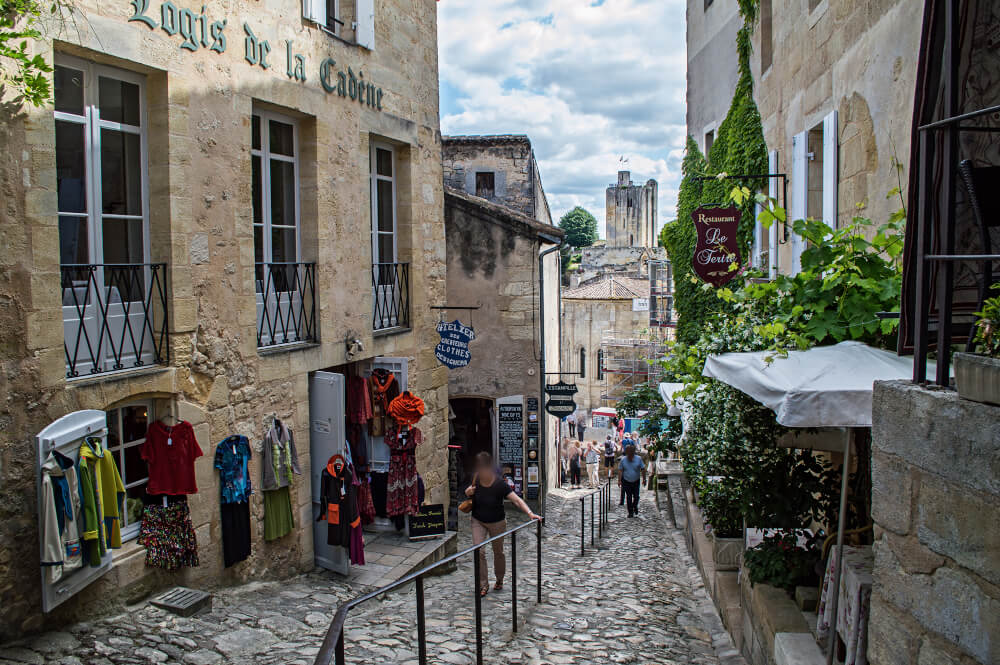
5. Prepare for plenty of jaywalking and cutting in line
Based on the cultural nuances above, it may be easy to assume that French culture is simply more formal than most.
There are two main exceptions however: jay walking, and cutting in line.
The concept of line-ups (or queuing, as the Brits like to say) is non-existent in France, so don’t be surprised if a local comes shoving past you on public transport or jumps ahead of you at the boulangerie while you wait for your 7th pastry of the day.
And as for jaywalking, while technically forbidden if you’re within 50m of a crosswalk, most people do it anyway.
Once upon a time I was travelling with a French friend who practically acted as if traffic lights were invisible. When I asked him why, he simply told me “I am French. I do not wait!”
That just about sums it up.
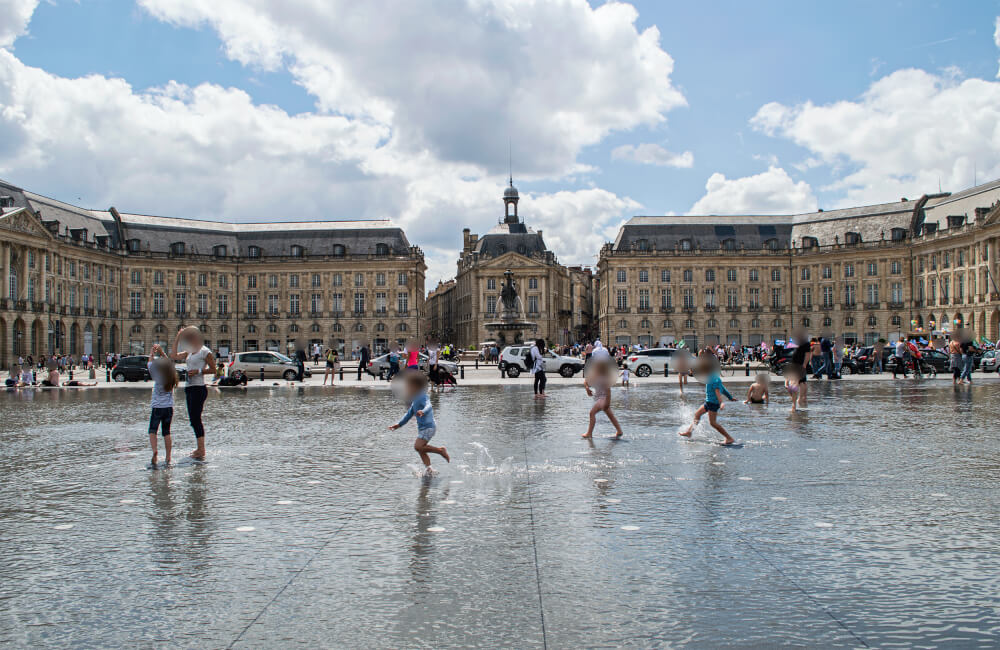
6. Keep in mind the depth of cultural diversity within France
While many France travel guides (this one included!) make reference to “French people” or “the French way of doing things”, it’s important to note that France itself is home to a lot of regional diversity.
Brittany for instance is very different to the Basque Country which is very different to Alsace which is very different to Paris.
There are of course broad similarities (which this article covers), but when it comes to researching more specific things like what to eat, what wine to drink, etc. it may be worthwhile to research for the specific destinations you’re visiting.
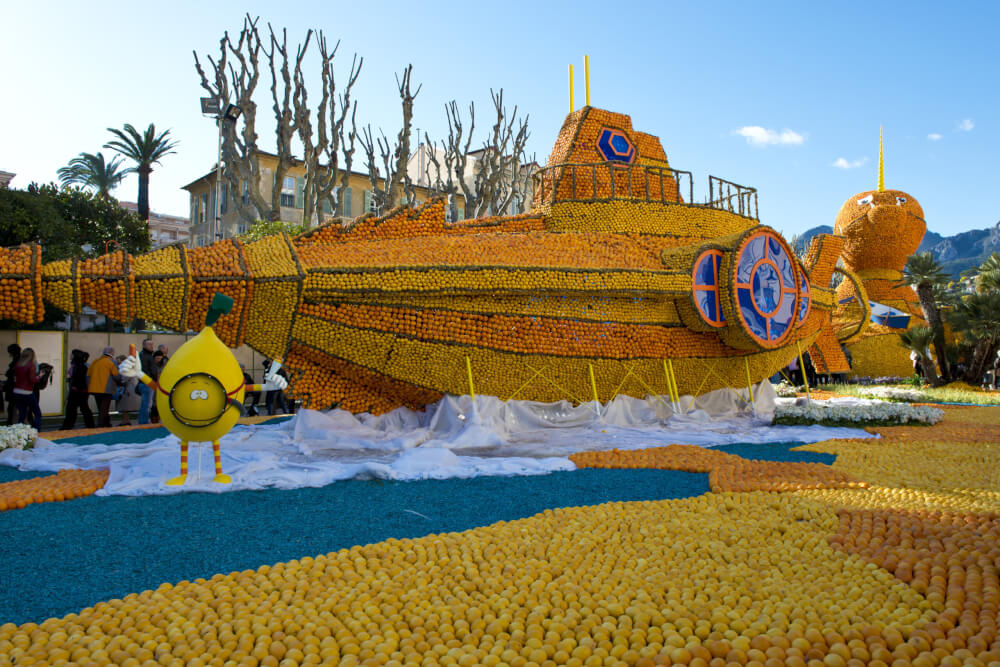
7. Prepare yourself for strikes
Another important France travel tip I have for you is to simply get used to ‘going with the flow’, because trust me: France is a country where even the best laid plans can go awry with just a single word: ‘grève’ (AKA strike).
The right to strike is considered by many to be Frencher than even the Eiffel Tower itself, and odds are, a strike may impact your trip in one way or another.
For instance, a sudden train strike on my first trip to France meant we had to take a 12-hour bus ride instead of the much quicker train from Nice to Paris. It also took me literally FOUR tries over many years to visit the Arc de Triomphe, because of random strikes and closures every time I attempted to go.
And while there are some sites like this one that announce strikes, many of them are planned with little notice, so there’s not much you can do as an international visitor besides mentally preparing yourself for the possibility.
Overall, just don’t be too upset if your plans get thrown in a raging trash fire… and try your best to make the most of the situation in any case (like this couple who chose to calmly sip wine next to said trash fire).
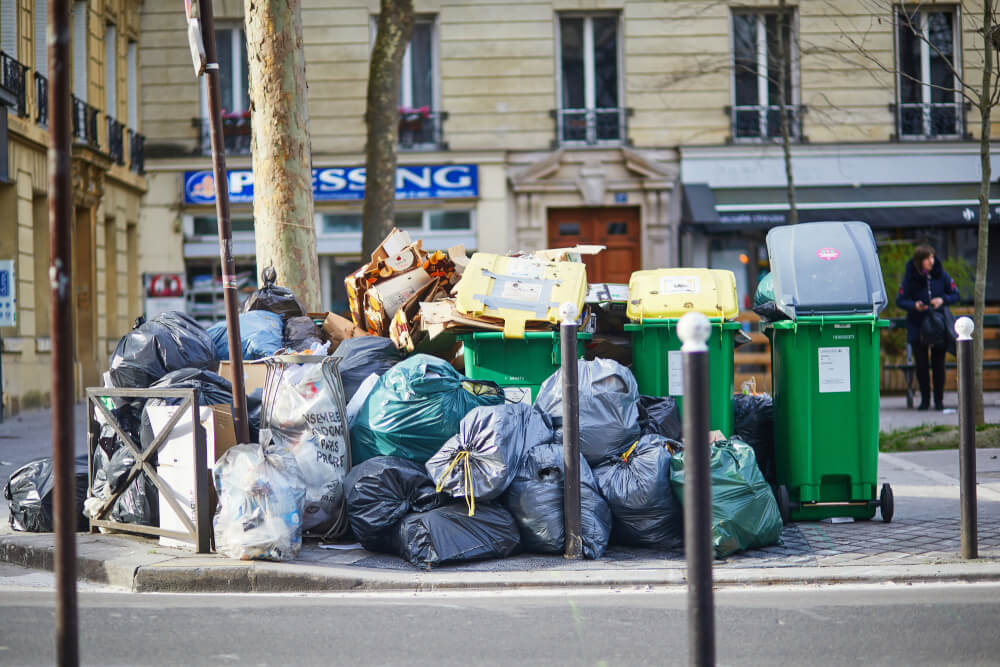
8. And expect random closures
Related to the point above, another important France travel tip is to prepare yourself for unexpected closures.
From personal experience, I can confirm that even if Google Maps says a shop, restaurant, or attraction is open, there’s always a chance that it might be closed when you arrive. So, it’s important to stay flexible and have a plan B ready to go.
And if you’re planning on visiting during peak vacation periods like August, be prepared for even more closures since many locals will be out of town.
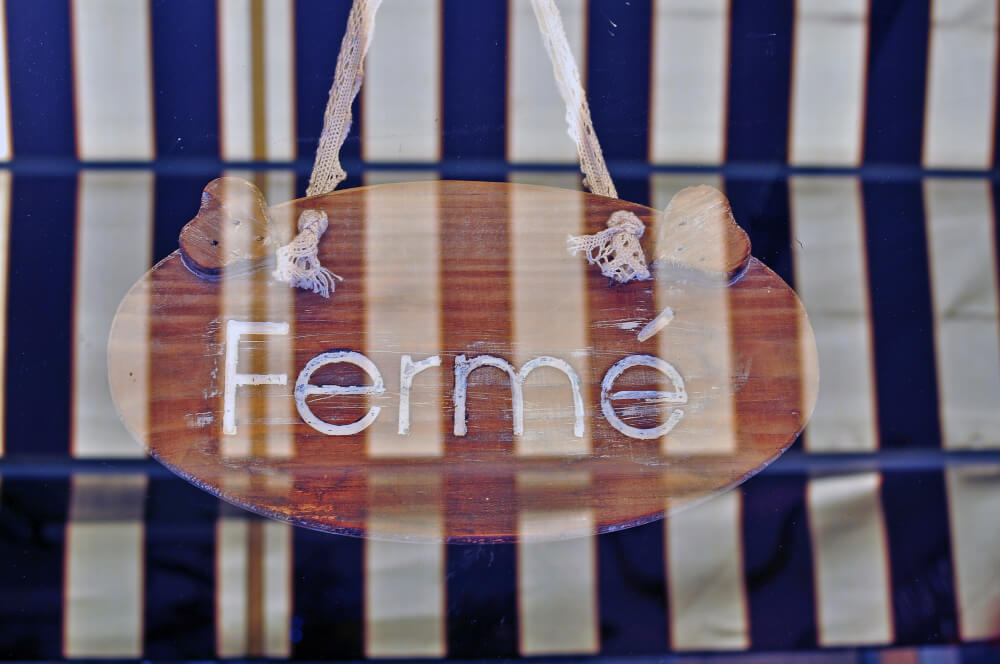
On that note…
8. Consider planning your trip for the shoulder or off-season
I know a lot of people dream about visiting France in the summer, but with the higher prices and the heat, I’d actually recommend shoulder/off season instead.
Especially for big cities like Paris, winter is a much quieter (and perfectly pleasant) time to visit… plus Paris at Christmas time is every bit as magical as you’d imagine.
NOTE: If you’re looking to score some sweet deals while heading to France, you should know that sales (Les Soldes) are no joke over there. They’re heavily regulated and only happen twice a year – once in June and once in January. Learn more here.

9. Go to Alsace for Christmas markets!
While Christmas in Paris is undoubtedly magical, the Alsace region of France has some of the most absurdly amazing Christmas markets in Europe.
Go to them.
I’ve already written out a full list of the best Christmas markets in Alsace, but here are some of my guides to specific markets so you can read more:
This is one of the most magical times to visit France, and if you plan your visit for earlier in the season (late November, rather than close to Christmas), you’ll usually be able to avoid the bulk of the crowds.
Here are my top must-knows for visiting Christmas markets in Europe if you want to learn more.
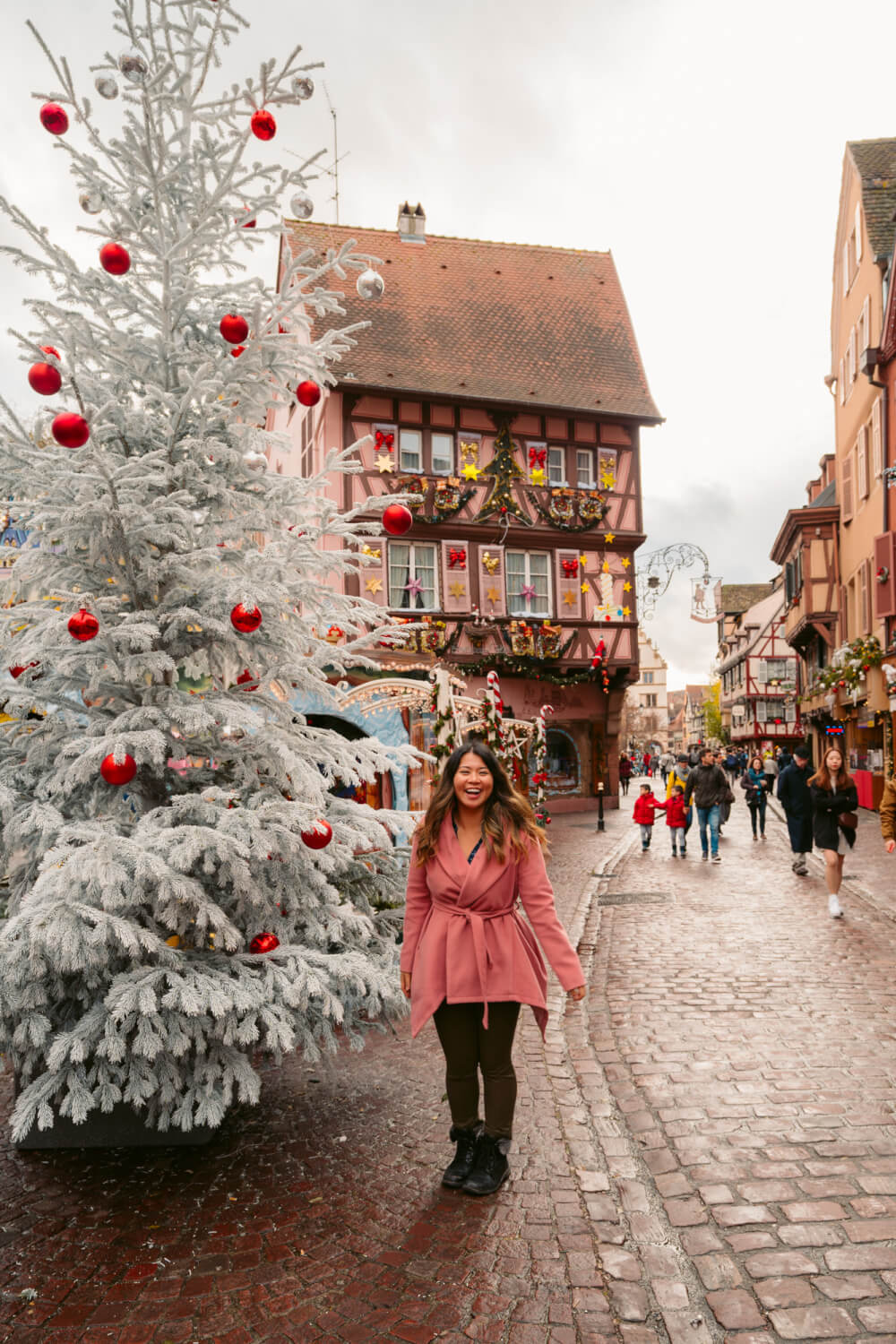
10. Expect at least some scaffolding/restoration work
The lengthy history of France is one of its most enticing selling points.
But, it has to be said, for every drool-worthy building that boasts centuries of tales, there’s a scaffolding company ready to make a fortune.
So, just to get your expectations in check, expect scaffolding. And lots of it. Old, beautiful buildings require maintenance, and you’ll probably encounter the byproduct of said maintenance during your trip.
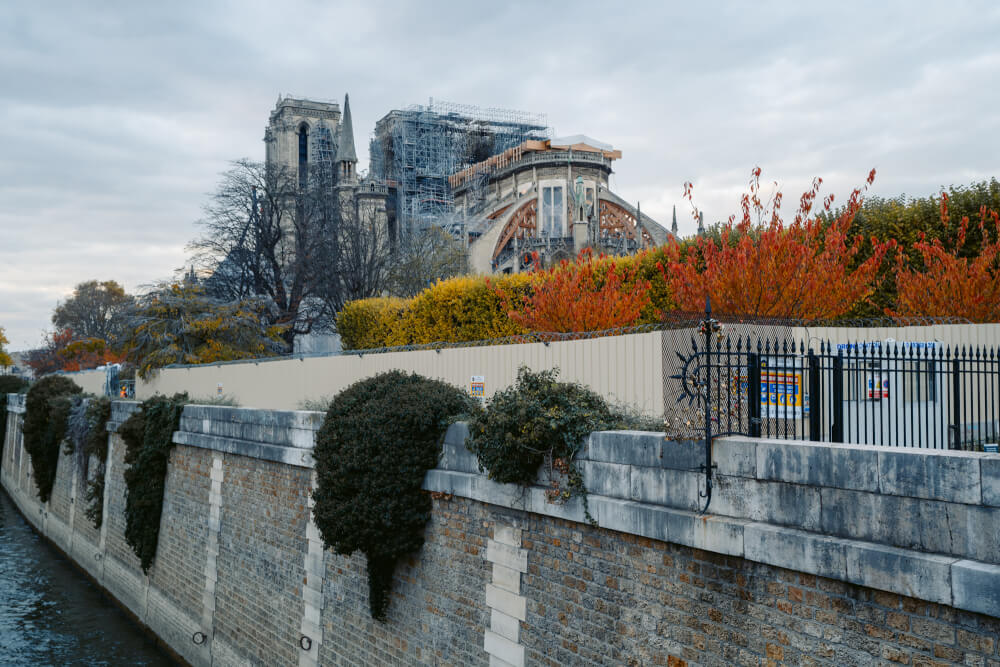
11. Be wary of petty theft and scams when you visit France
For first-time visitors, another important France must-know is that there are many professional pickpocketers and scammers frequenting tourist hubs.
Your best defence against them? Learning all their tricks beforehand.
You can learn the most common pickpocket techniques and how to avoid them in my post about how to avoid pickpockets in Europe, but overall, the key is to always be vigilant and keep an eye on your belongings.
Pickpockets thrive on distraction, and tend to operate in high-traffic areas that have a lot of people/tourists (e.g. train stations), so be especially careful to not let anyone get too close.
Here are some other ground rules to keep in mind for avoiding scams in France:
- Do not take free stuff: Often scammers will offer you a rose or a friendship bracelet for “free” then demand money. In more extreme cases, they may even forcibly tie a friendship bracelet on you then demand payment, so be cautious in busy touristy areas.
- Don’t sign any petitions: In touristy areas, there is often a scam (usually run by groups of young women) where they ask you to sign a petition and then either demand a donation from you, or distract you as someone else picks your pockets. Be sure to ignore and avoid!
- Do not blindly accept help from strangers: Generally, French locals will not approach & help you unless you ask for it. In cases of overly helpful strangers that come to YOU, often this is a scam, i.e. offering to help you buy a Metro ticket, then buying you the wrong one (e.g. a child’s ticket) while pocketing the profit.
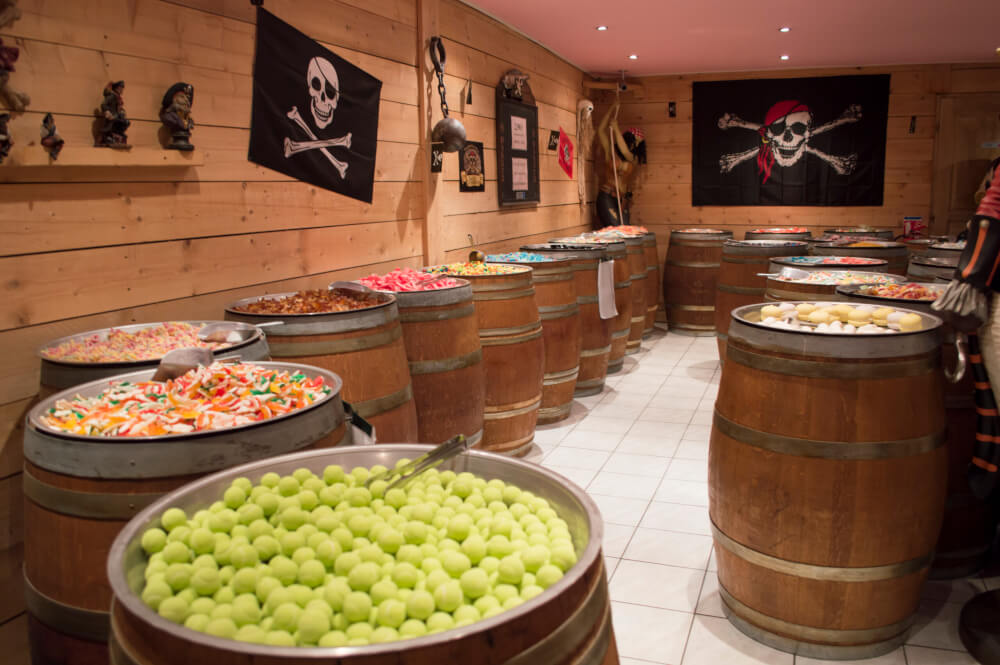
12. Prioritize public transport for city to city travel
Now, onto France transport tips!
First off, if you are mainly visiting French cities during your trip, renting a car will likely not be necessary.
The French train system is robust and covers over 3000 stations across the country. For those on a budget, there are also bus companies like Flixbus, Eurolines and BlaBlaBus that offer affordable connections, and for quicker commutes, there are also 30+ airports in France, many of which are well served by budget airlines like Ryanair and easyJet.
So, I’d recommend hopping on Omio to compare all the different options at a glance.
That said, if you want to frolic in nature nature, explore remote villages or roll around in glamorous chateaux, you will probably need to rent a car, in which case here is a post to help you figure out how much renting a car in Europe really costs.

13. Book train tickets in advance for the best deal
For train travel, the national rail company in France is known as the SNCF (Société nationale des chemins de fer français).
The crown jewel of their offerings is the TGV (Train à grande vitesse, or “high speed train”), which are fast trains that can get across the country at truly alarming speeds, like this world record-setting ride which hit 574.8 km/h (or 357.2 mph).
There are also Intercity trains and TER trains that are less quick but serve regional and local routes.
In any case, booking in advance is the best way to ensure good deals, particularly on TGV trains, where reserved seats are mandatory and can sell out.
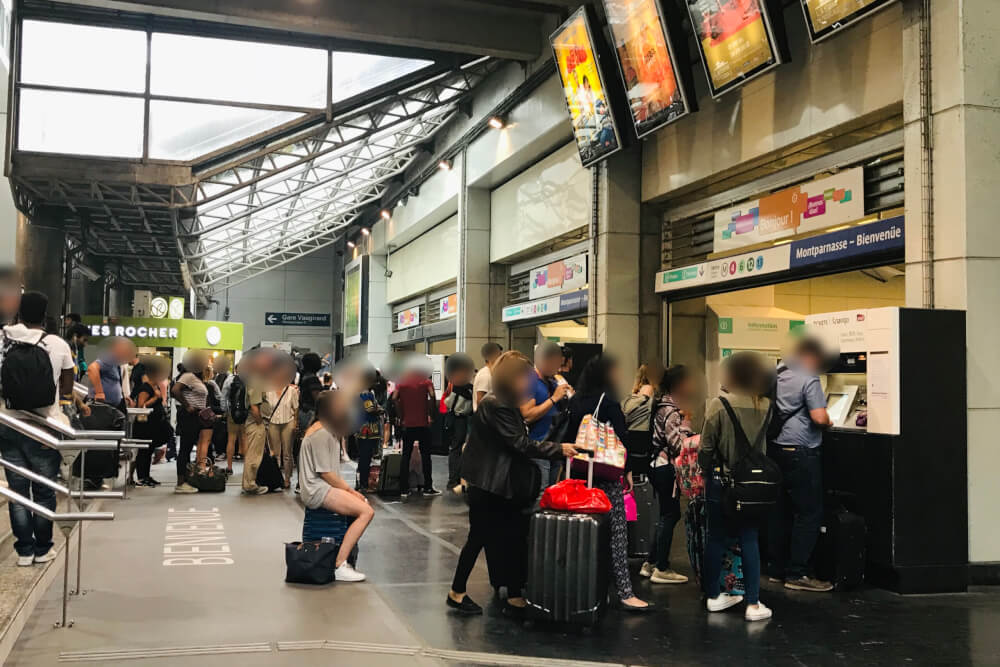
14. Consider Ouigo trains if on a budget
If you’re on a budget, another option to look into is Ouigo trains, which are like a budget version of the TGV.
They’re a bit less fancy and you need to pay extra for additional perks like extra bags but it can be really cheap if you book in advance.
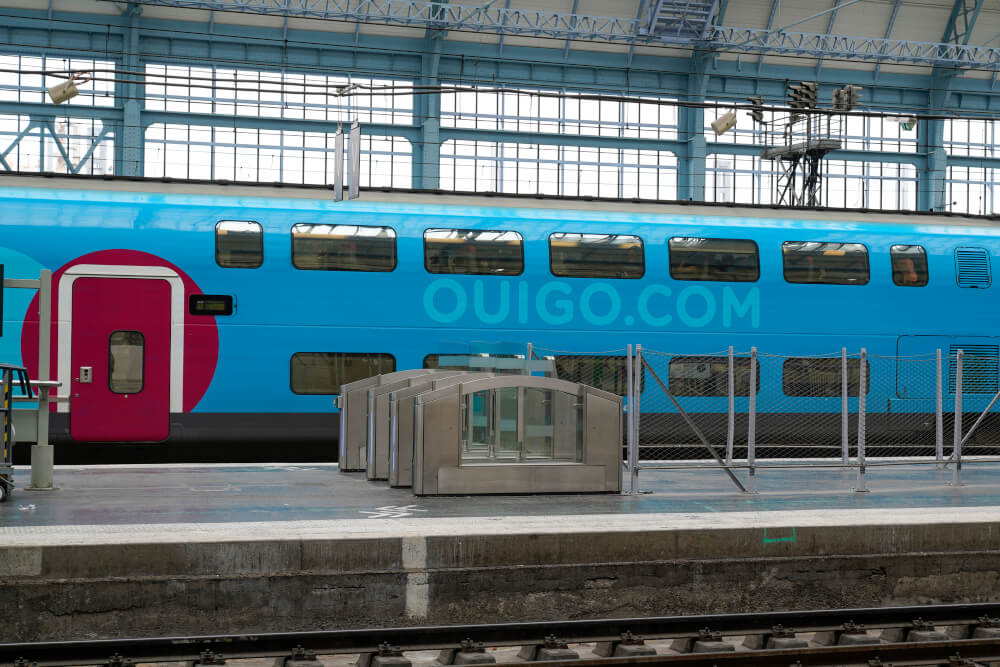
15. Use the SNCF Connect website to your advantage
French train stations can be stressful, so whenever possible, I’d recommend booking your tickets beforehand… unless you particularly enjoy panicking in crowded spaces.
Luckily, the SNCF Connect website makes it easy.
You can easily see their best offers here, or search up your departure point/destination to see a price calendar that helps you identify the cheapest dates and times.
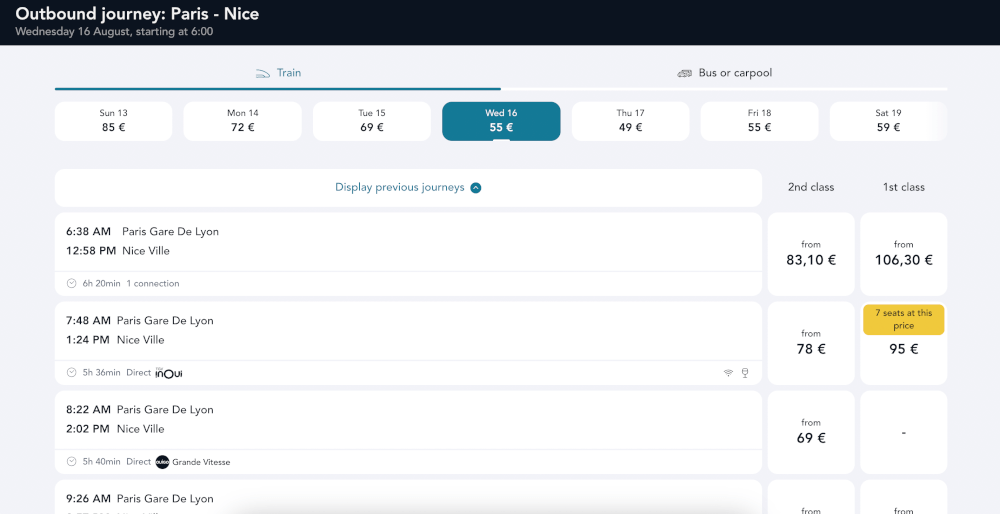
16. Know the ground rules for public transport
When it comes to using public transport in France, there are a few important must-knows that I think will make your experience smoother and more affordable.
So, here are some tips for using public transportation in France:
- Look for deals: Depending on the city, you’ll often special discounted tickets which can save you a lot of money compared to paying full price (e.g. youth tickets, special weekend tickets), so be sure to look into discounts and see if any apply to you.
- Always validate and hold onto your ticket: In France, there are ticket checkers who make sure you’ve paid for and validated your fare correctly. Sometimes they will even check you after you’ve gotten off the train (e.g. at the top of escalators at Metro stations), so do not throw your tickets away until you’ve left the station.
- Avoid public transport during rush hour and during big events like sports games: Trying to hop on Metros or buses when thousands of locals are trying to get to/from work (or to a big event) is truly one of the biggest travel mistakes you can make in France, so plan around it!
- Lastly, let people exit trains/buses first before storming in: This is common sense, but unfortunately not so common, so remember this little France etiquette tip!
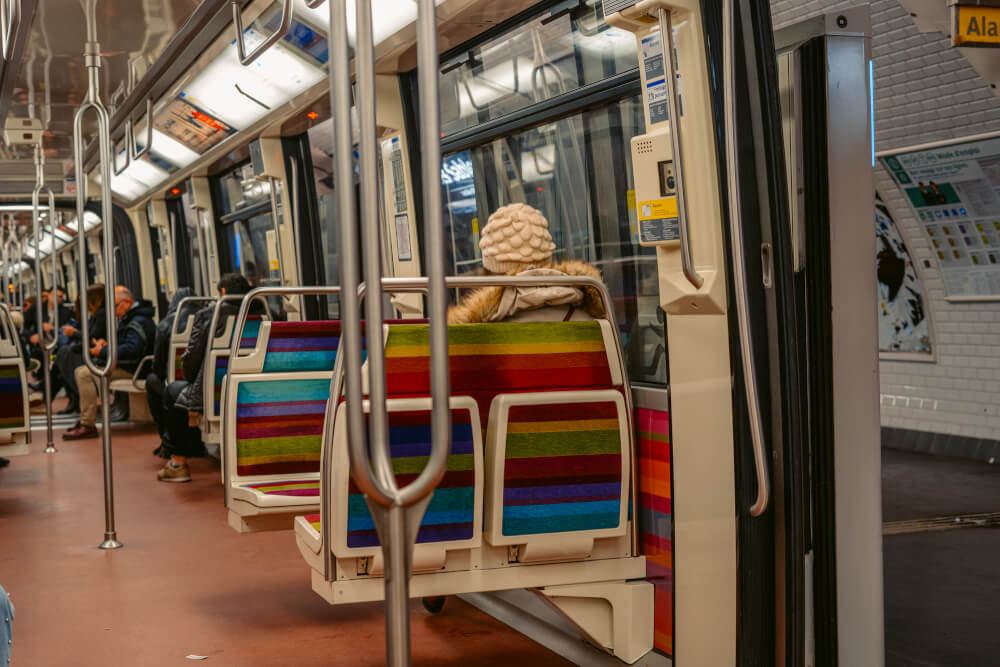
17. Learn the tricks to saving money on French attractions
There are a few things that are inevitable when you visit France for the first time. For instance, you will probably eat enough pastries to fed a small village. You will probably also drop a lot of dough (heh) on pricey attractions.
They have to pay for all that scaffolding somehow, after all.
Don’t worry though, there are a lot of secret (and not so secret) ways to save money on attractions when visiting France. Here are a few of my favourites:
- Book in advance: This will save both time and (sometimes) money.
- Age-based discounts: Usually there are discounts for children, youth (under the age of 26) and seniors (usually 60+)
- Residency-based discounts: Many major museums offer free or discounted admission for EU residents under the age of 26.
- Student discounts: Be sure to get an ISIC Card as this is an internationally recognized student ID that costs about twenty bucks, but will save you at least that much in discounts. Some attractions won’t accept your local student ID, so having this is important.
- Attraction passes: Many cities will offer passes that bundle multiple attractions into one price. If you plan to see a lot of stuff, this can save you a LOT of money.
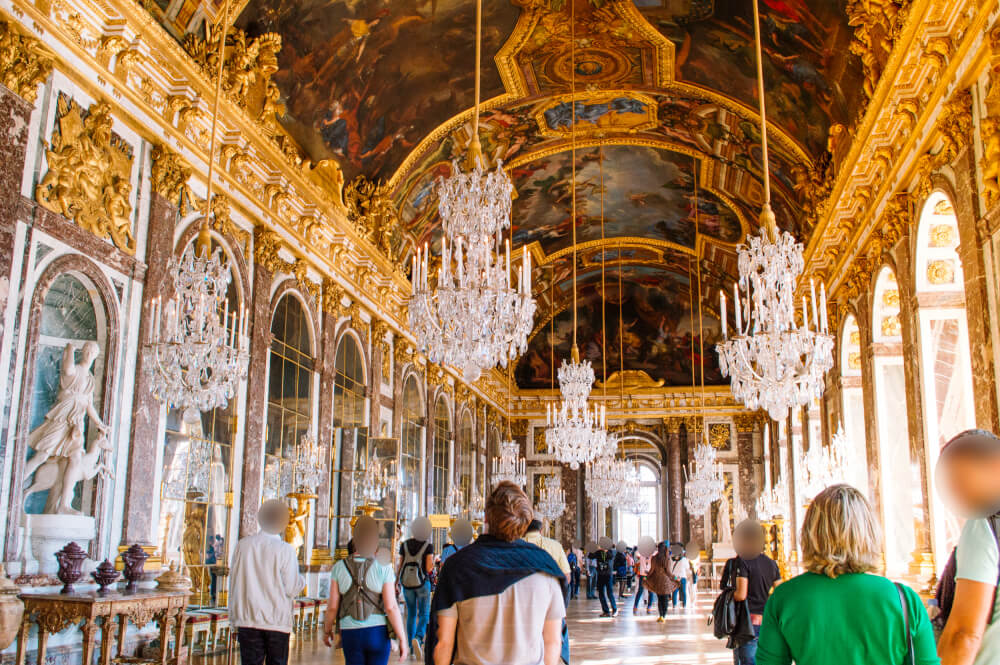
18. On a budget? Prioritize free museums and sights
Of course, the ultimate way to save money sightseeing in France is to simply prioritize all the amazing free things there are to see and do. This is one of my top Europe backpacking tips.
All over the country, there are free things to ogle and experience, from grandiose museums and architecture to street art and fun festivals, all of which are stunningly gratuit... like these amazing free things to do in Paris.
So, from one cheapskate to another, please milk them for all they’re worth.
PS: Many of museums across France offer free admission on particular days of the month, so be sure to give those dates a Google prior to your visit.
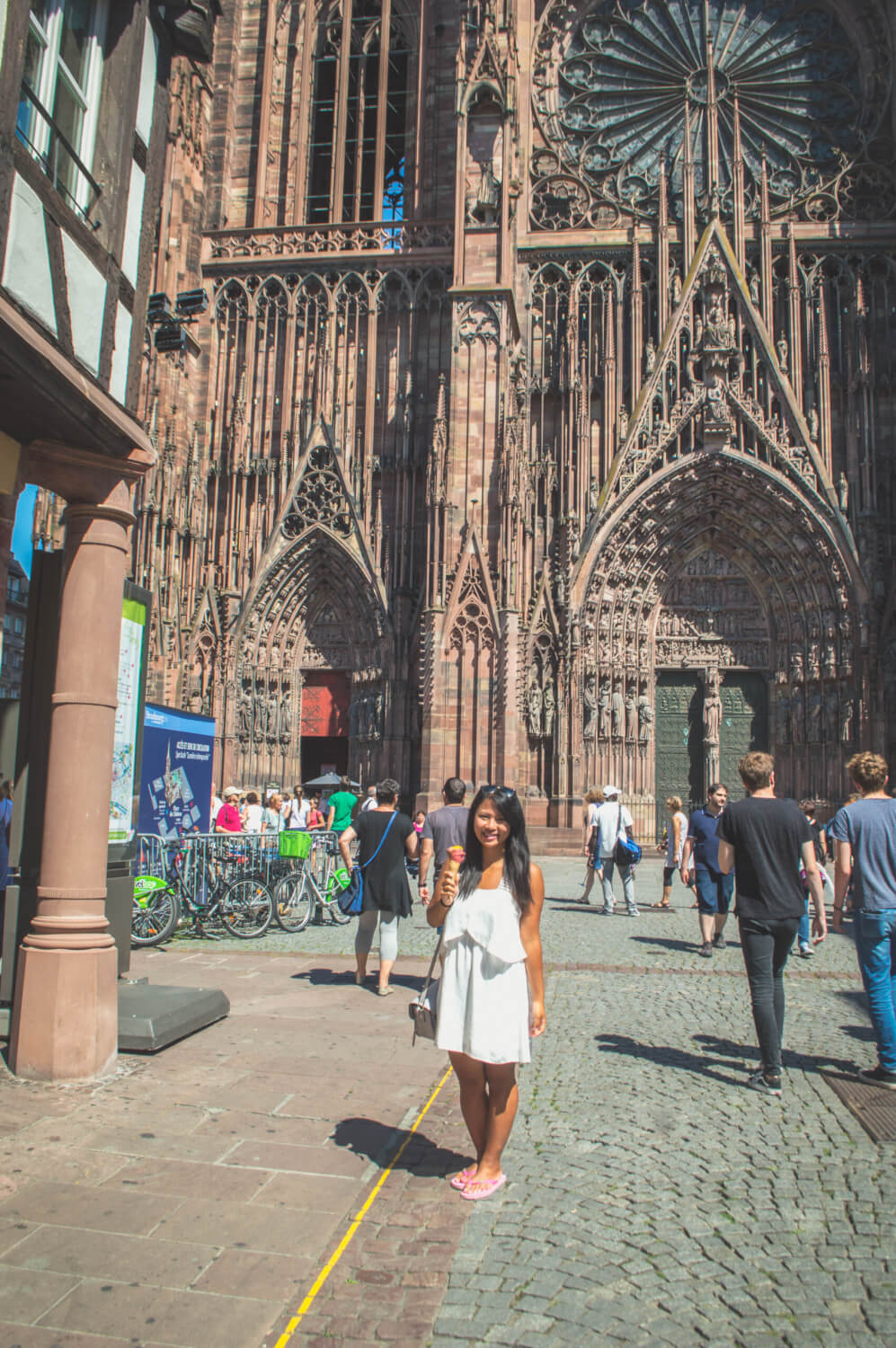
19. Learn how to avoid mediocre, tourist trap restaurants
French cuisine is world-renowned, but it can be a bit of a struggle to find the right places to eat when visiting France for the first time.
The reason is simple: good, authentic restaurants are unlikely to make themselves easily accessible to tourists. In contrast, the restaurants with English menus, free WiFi and big photos to explain their specialties are (as you might assume) not the best in quality or price.
SO, what are some ways to avoid getting tourist trapped when dining out in France? Here are some ground rules.
- Dine far away from tourist attractions: Generally, these will have a poor price to quality ratio. Instead, walk a few blocks over before starting your food hunt, or do some prior research to find well-rated restaurants near you.
- Be sure to check reviews: Reviews aren’t always 100% accurate, but they can be helpful in showing you immediate red flags like scammy prices.
- Avoid places with big photos and menus in a bajillion languages: This is usually a sign that the restaurant caters to tourists, so will likely be (at best) overpriced or (at worst) lacking in quality food.
- Steer clear of places with an over-eager host: If there’s a pushy server outside asking you to sit down, odds are this won’t be the best place to eat.
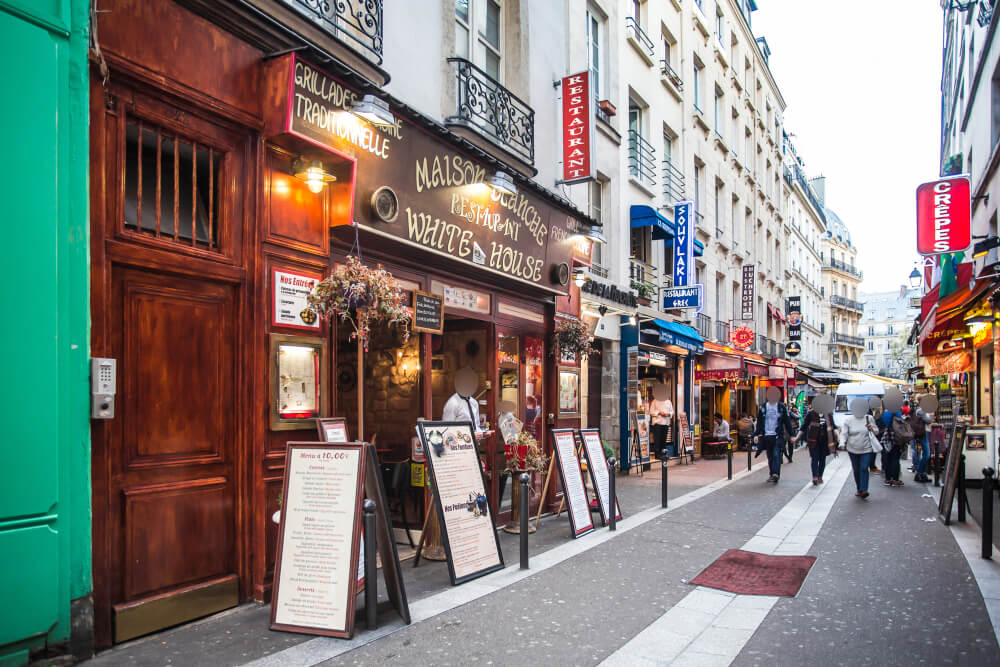
20. Know the tricks to saving money on dining out in France
So once you’ve found your (non tourist trappy) restaurant of choice, what are some ways you can enjoy while saving money?
As someone who loves food and saving money in equal measure, here are a few tricks to take advantage of:
- Splurge at lunch: Many places will offer special deals for lunch, so keep an eye out for those!
- Learn how to correctly ask for tap water: If you’re looking for free hydration, be sure to ask for “une carafe d’eau” or they will assume you want bottled water, which can be as much as 7 euros per bottle! Although take note that it’s common/expected to have a paid drink with your meal as well, like wine or beer.
- Try the plat du jour (dish of the day): Many restaurants in France will offer this as a special in addition to the regular menu offerings – it’s usually cheaper or unique in some way, so nice to try if it sounds good!
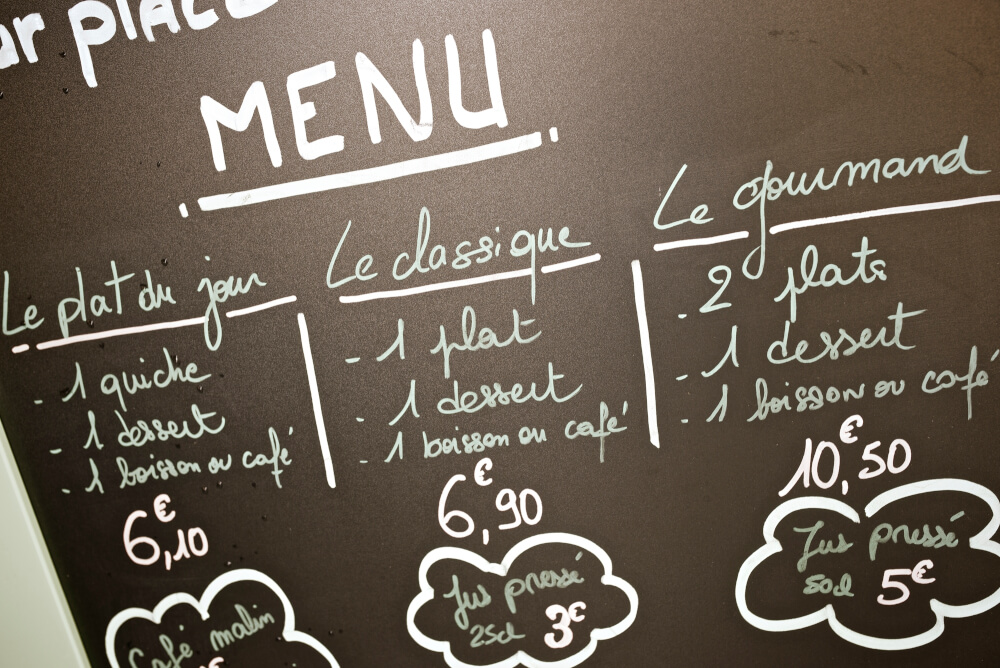
21. Familiarize yourself with the structure of a French menu/meal
Dining out in France can be intimidating for first-timers, and also confusing due to words that are different in English vs. French.
For instance, a menu in France can refer to a paper list of dishes, but it more often refers to a combo that includes multiple things for one set price.
So in a restaurant for instance, this may be a meal that comes with an appetizer, main course, dessert and wine for one price, or in fast food restaurants for instance, often a “menu” will mean a combo that comes with fries and a drink.
The more common word for the menu in France is “la carte”. This is why there’s sometimes the distinction between ordering the “menu” (e.g. the set meal that comes with multiple courses for one price) or ordering “à la carte” (e.g. ordering individual things off the list of dishes they offer).
Another confusing thing is the word entrées. Whereas in North America, entrée refers to the main course, in France it refers to the starter or appetizer and the main course is the plat principal (often shortened to just “plats” on menus).
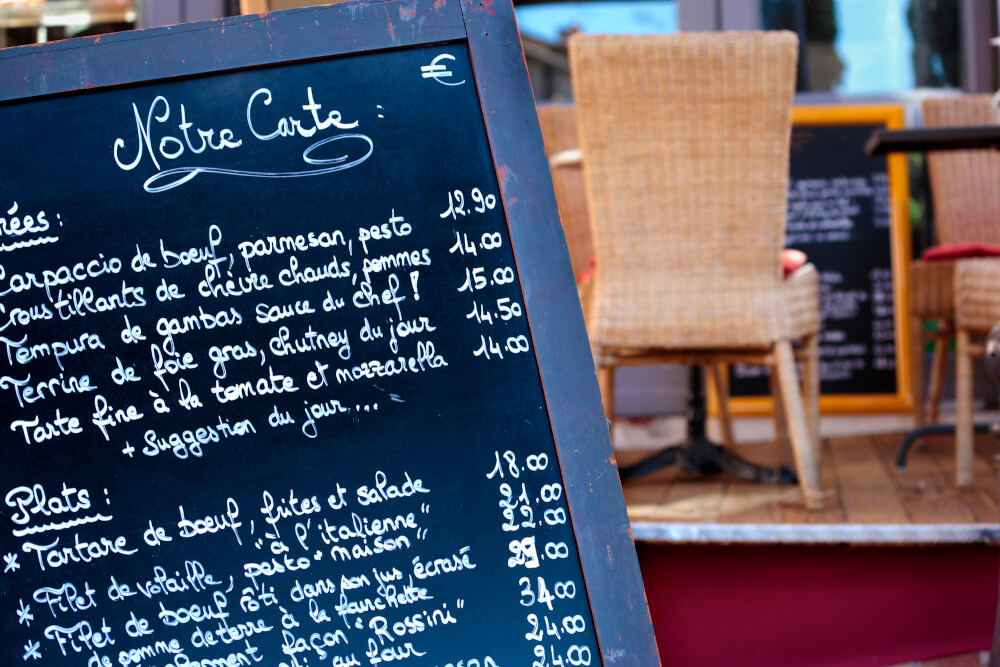
So, to be clear, the structure of a French meal usually goes like this:
- L’Entrée: An appetizer
- Le Plat Principal: A main course
- Le Fromage: Cheese (Self explanatory), sometimes served with a light salad before
- Le Dessert: Sweets that finish the meal
There’s a misconception out there that French people eat cheese for dessert, which isn’t entirely true – it’s just that they believe cheese should come after the main course, and many choose not to (or have no room for) a sweet dessert after.
For particularly indulgent evenings, many will also enjoy an Apéritif before eating the meal, which is a pre-dinner drink that whets the appetite, as well as a Digestif after the meal, which is a post-dinner drink that aids digestion.
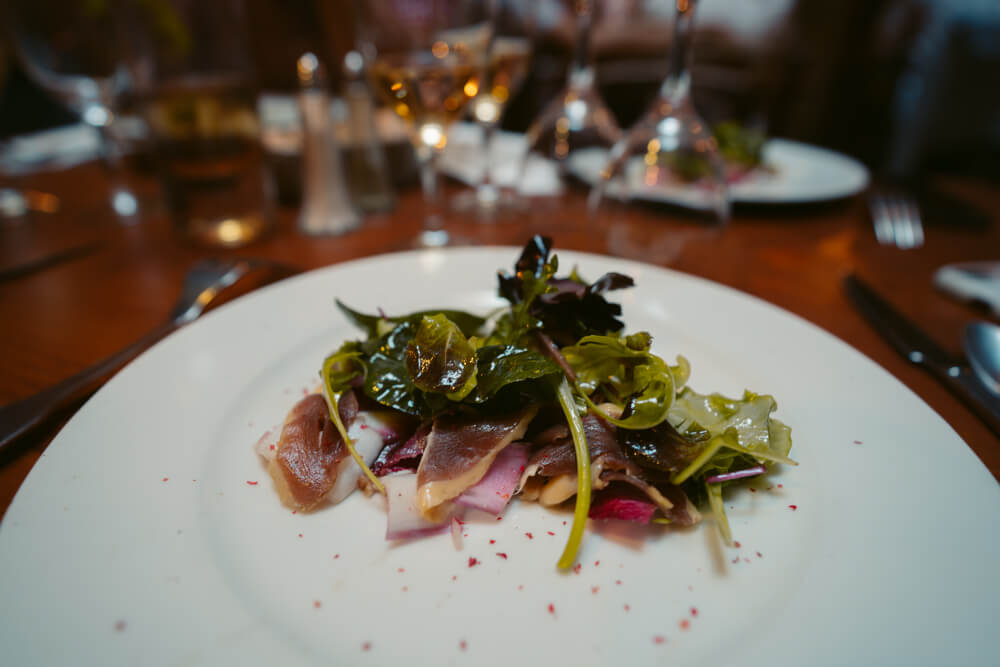
22. Learn French restaurant etiquette
Alright, now that you know how the menu works, here are some additional French travel tips related to the science/art of dining out in France:
Make reservations: If you’ve got your heart set on a particular restaurant during your trip in France, it’s best to reserve a table in advance, especially for peak periods like weekends.
Wait to be seated: Seating yourself is not common France, so don’t do it unless there’s a sign saying so (or face the wrath of your server).
Get your server’s attention if you need something: Generally speaking, the ultra-friendly and proactive customer service you get in North America doesn’t really exist in France, so if you need anything after your order has been taken/after your food has arrived, you must take the initiative to flag down your server.
Avoid customizing your order with substitutions: This is not very common in France, as it’s usually assumed the chef knows best.
Ask for the bill when you want it: It will not come automatically, as they consider it rude to interrupt you during your meal.
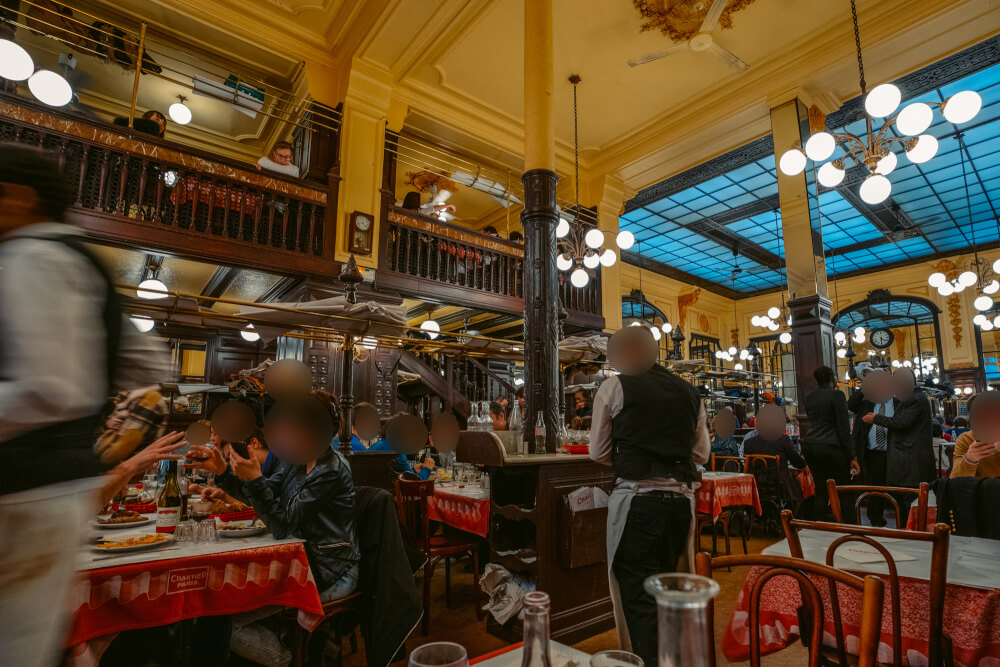
23. Learn how to tip in France
In France, a 15% service charge is included in your bill, so the tipping culture here is definitely less prominent than in North America.
Opinion is divided on whether or not you should still tip on top of this service charge – younger locals often won’t bother with a tip at all. For me personally, it comes down to what “feels right” (so Canadian, I know!)
If you feel your server deserves a bit extra, then 5-10% would be acceptable… but you don’t need to feel obligated like you might in North America.
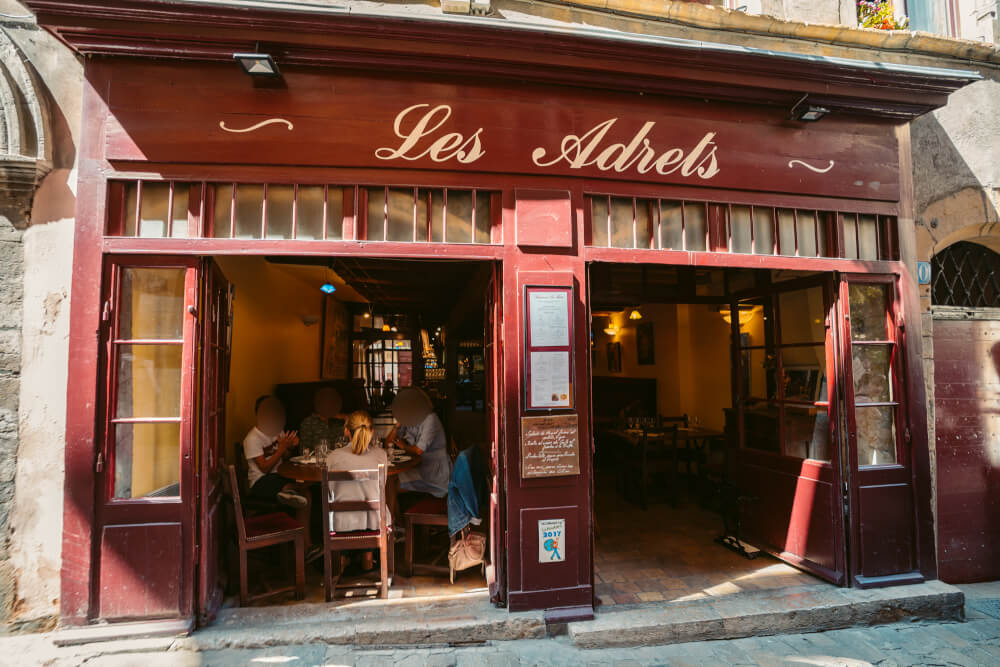
24. Have a quick search of regional specialties before you go
A lot of first time visitors to France will be familiar with some classic dishes – from the infamous escargot and frog legs to beloved classics like French onion soup and pastries.
Of course, it goes without saying that there is much more to French food than that.
French cuisine (much like its culture) has a lot of regional differences, so wherever you travel, be sure to sample the local specialty wherever you are instead of simply picking what you consider to be “typical French dishes”.
… and for the best results, pair them with local wine too.
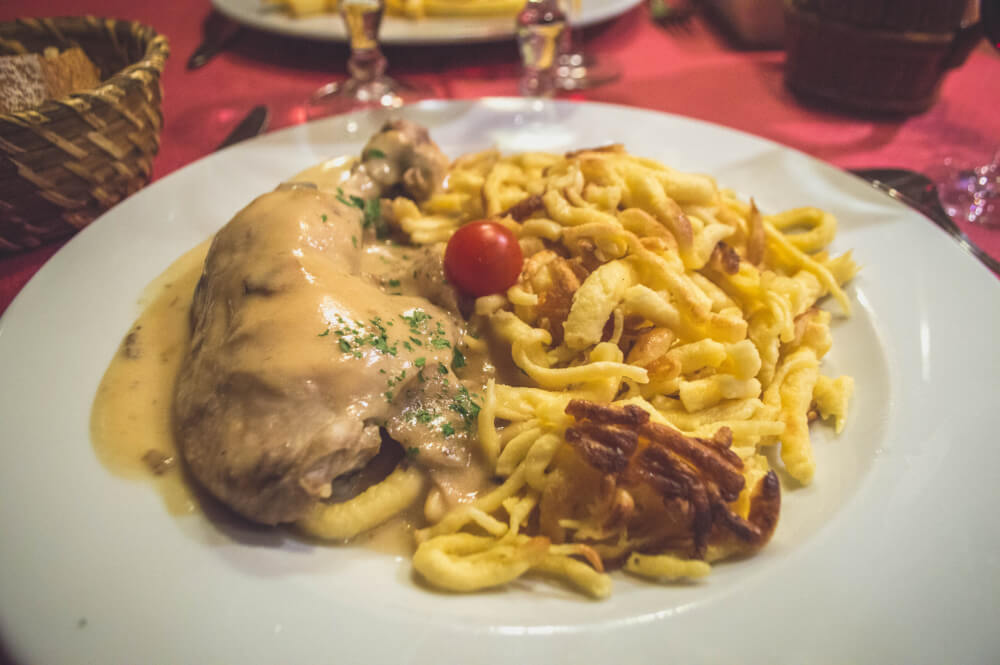
25. Revamp your concept of “casual”
In terms of what to wear in France, contrary to popular belief, or what you see from fashion bloggers and Emily in Paris, not everyone in France is a fashion model dressed to the nines everyday.
That said, the default casual look in France is definitely elevated when compared to the standard ‘sweatpants, flip flops, and athleisure’ casual commonly seen in North America.
So if you want to blend in a bit more while in France, focus on clean neutral basics, and things that emulate a sort of effortless chic.
Although of course, at the end of the day, just wear what makes you feel comfortable and confident. Trust me, they’ll be able to tell you’re a tourist no matter what you wear.
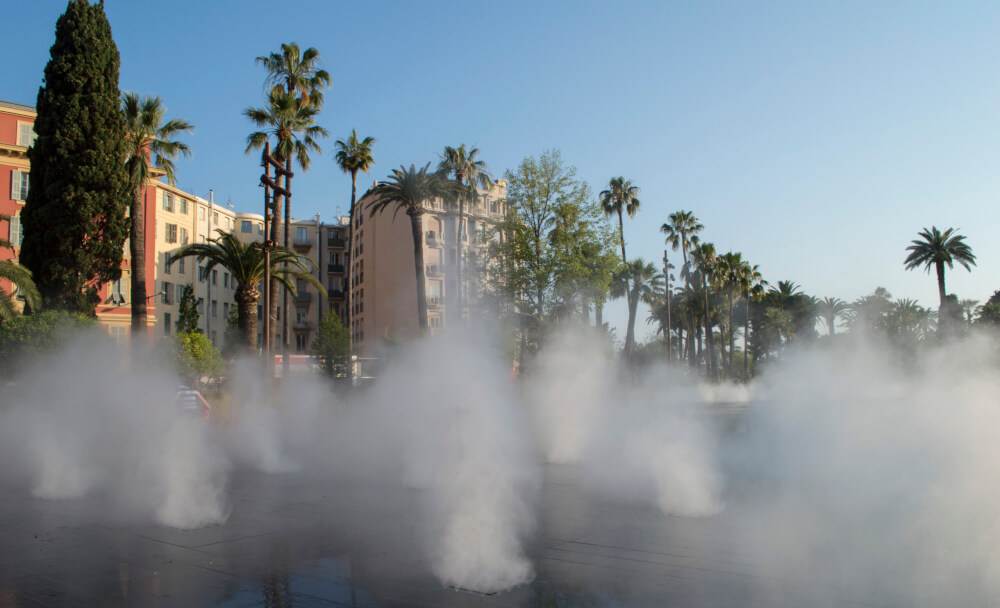
26. Don’t bring any suitcases you can’t carry
But speaking of France packing tips, another important must-know is that any bag you bring should be one you’re comfortable carrying yourself.
Sure, you might think that there’s no need for lifting your bag if you’re checking it, but there are a million and one scenarios where you might have to end up carrying your suitcase in France, like…
- Your hotel or accommodation unexpectedly has no elevator
- The elevator you were counting on at the train station is out of order
- You need to carry your bag up some ancient staircase to get to your accommodation
- You need to lift your suitcase on/off the train you’re taking
So yes, get that strength training in now, and pack as light as possible.
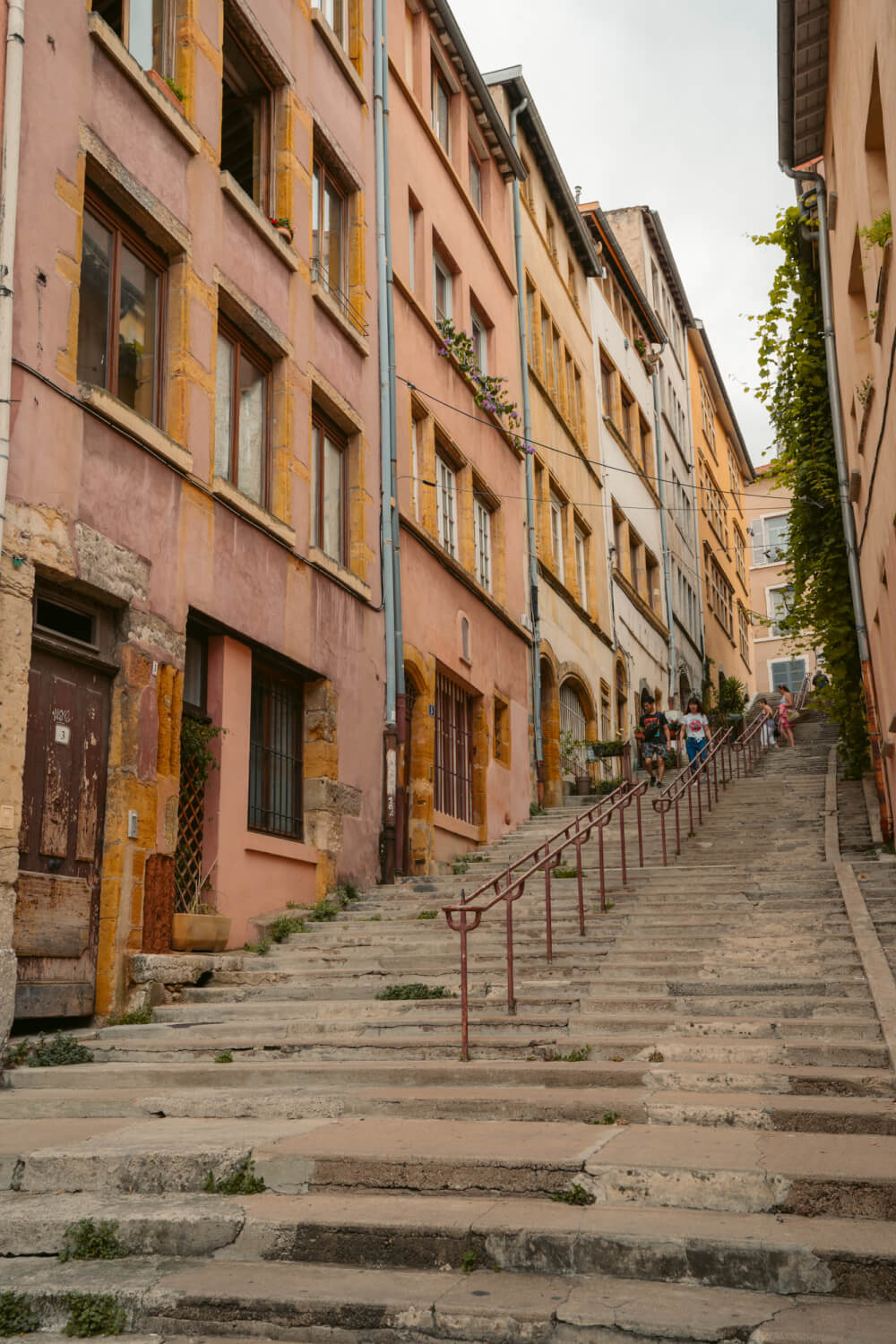
27. Carry (at least a bit) of cash
While cards are accepted in many places around France, it’s still important to carry around cash, whether for small purchases or for essentials like using the washroom. Keeping coins is also a good idea!
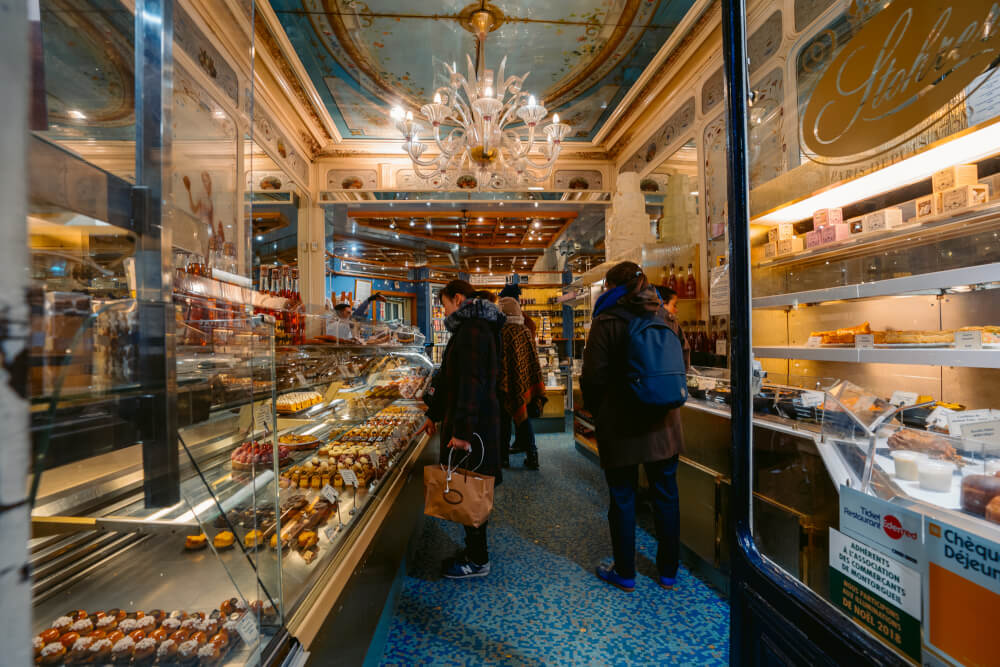
28. Claim VAT refunds at the airport
France is a popular destination for shopping, especially if you’re into French brands and luxury goods.
SO, if you’re from outside the EU and plan to do a lot of shopping, you may qualify for a VAT tax refund when you leave France. This can amount to huge amounts depending on what you buy!
To qualify, you have to be a non-EU resident older than 15 years of age, and you need to spend more than 175 euros in one store in one day.
Here’s more info on how to claim your VAT refund before you leave France.
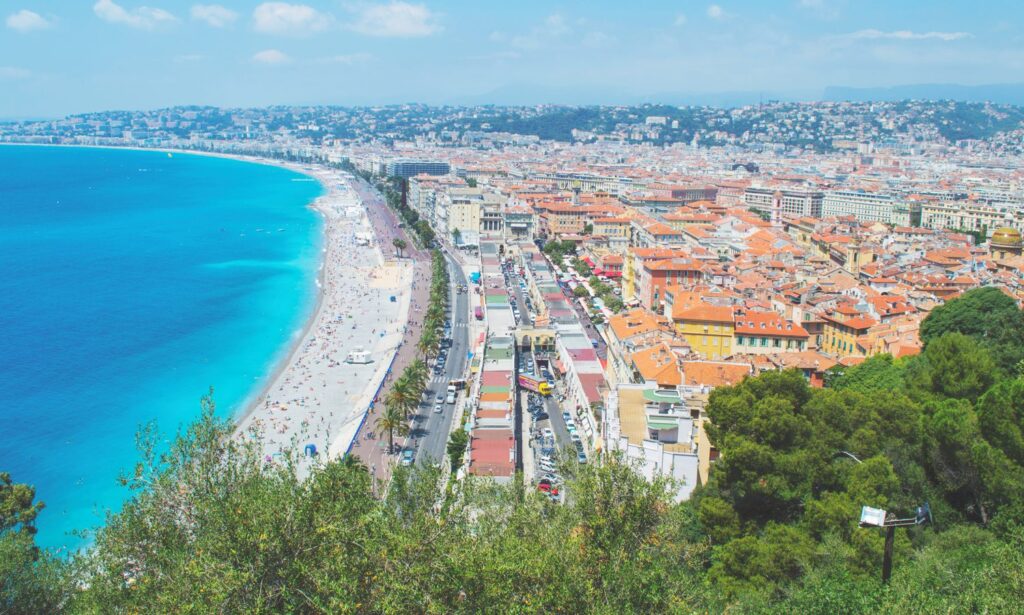
29. Floors start at zero so don’t get confused
Another random France tip (which will be no news to you if you’ve seen Emily in Paris) is that the floor system in French buildings is different to what we see in North America.
Whereas in North America, the ground floor is often considered the 1st floor, the ground floor is considered its own separate entity in France (i.e. Floor 0) and then the next one above that would be the 1st floor.
… So, if your hotel key isn’t working, this might be why!
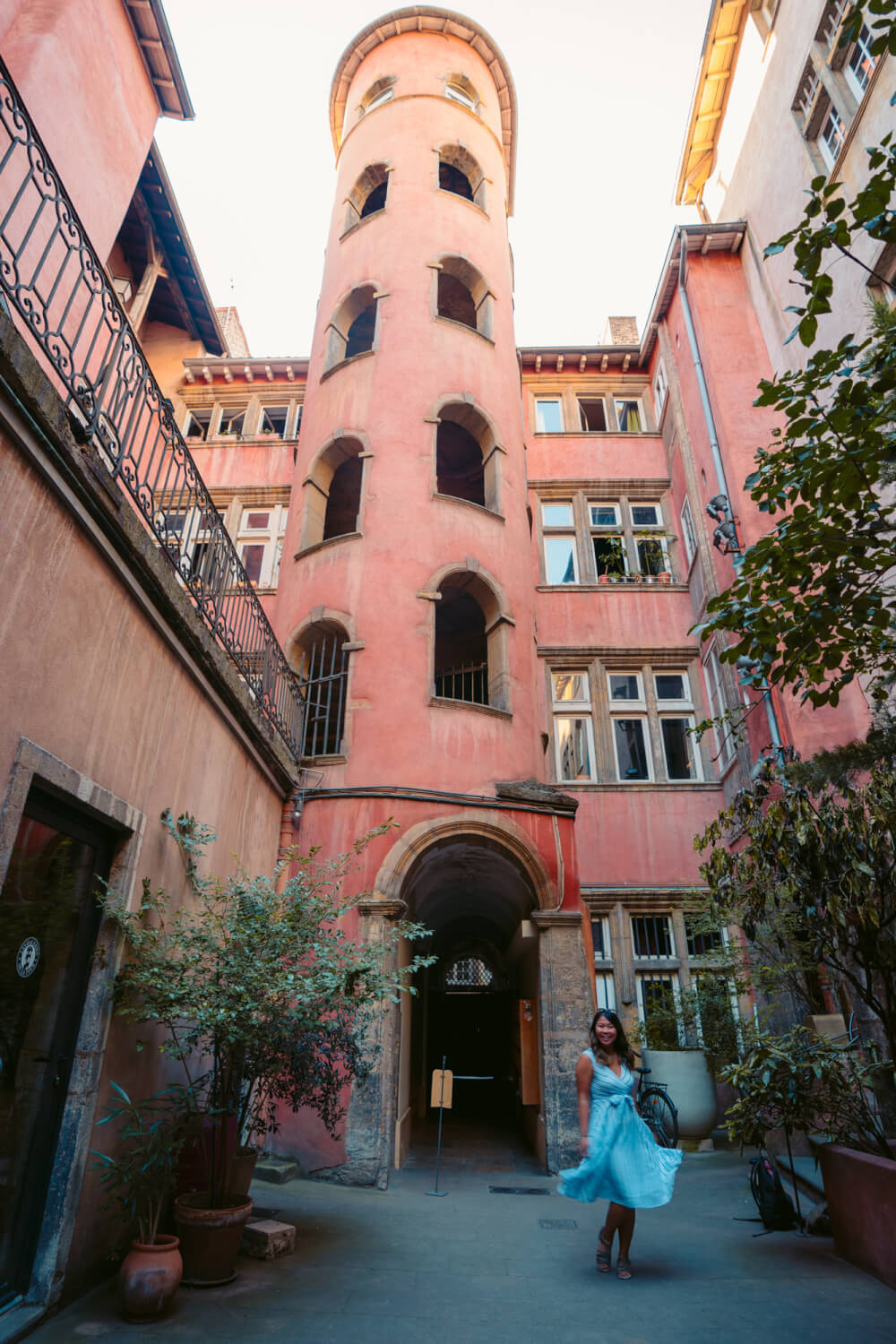
30. Try to buy your alcohol (from shops) before 10pm
This is a rather niche France travel tip, but one that has gotten me one too many times, so I’m sharing it anyway.
While there are no official alcohol sale restrictions in France, some supermarket chains and gas stations won’t let you purchase booze after a certain time (usually around 9 or 10pm).
So, if you’re hoping to get a bottle of wine to finish the evening, make sure you do so early. Although if you’re desperate, Uber Eats can deliver alcohol, as well as some “convenience stores”, although you can expect inflated prices from both these options.
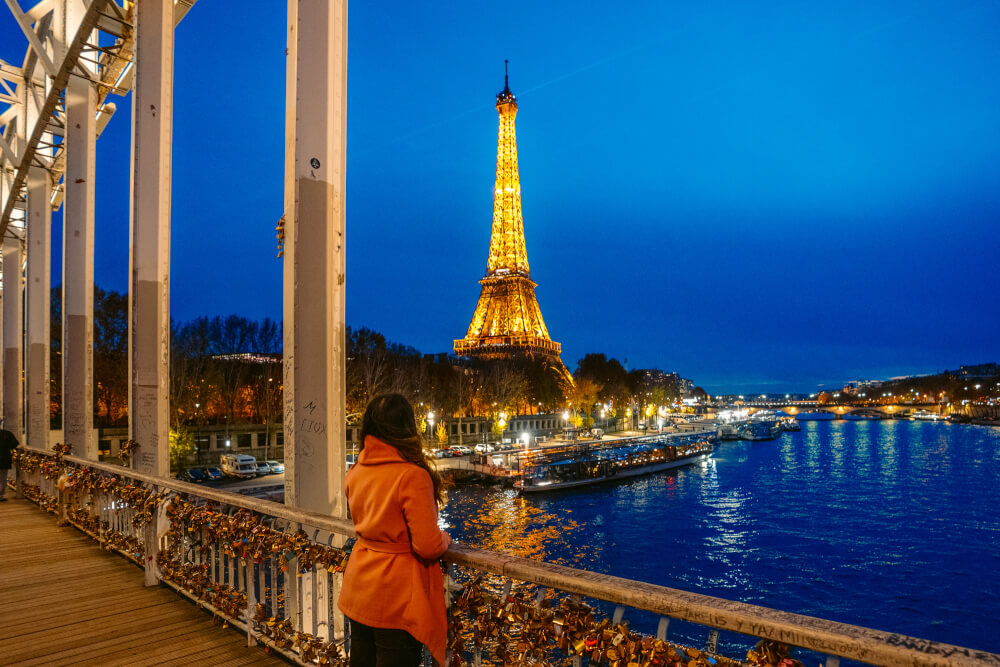
31. Know that Disneyland Paris is not in Paris
Lastly, if you’re planning on adding Disneyland Paris to your itinerary, I would definitely recommend doing some additional research because despite the name, the park is actually about an hour away from Paris proper.
And while I personally think Disneyland Paris is a great time, a lot of visitors from abroad who have been to other Disney parks often find it disappointing.
So, when choosing day trips or planning your itinerary, definitely consider if there are other places that might be a better use of your time… because as you should know by now, there’s a lot to discover in this country!
Keen on seeing Disneyland Paris? Here are some of my best guides to help you out:
- 20+ tips for visiting Disneyland Paris
- An insider guide to Disneyland Paris’ best secrets and hidden gems
- How to plan a day trip from Paris to Disneyland Paris
- A guide to the Disneyland Paris Castle

I hope this list of France Travel Tips was helpful!
The fact that you’re still reading this is both an honour and a miracle. This was a VERY long list of travel tips for France, but if you have any more questions, let me know in the comments.

